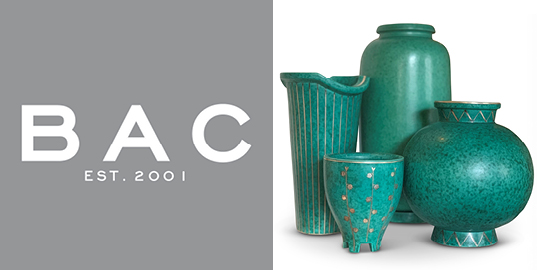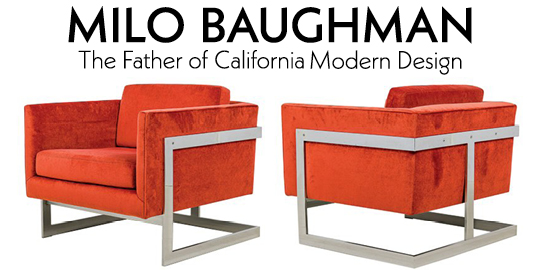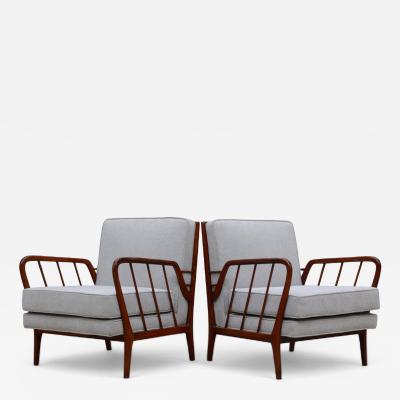Rino Levi
Brazilian
Born in São Paulo to Italian parents, Rino Levi (1901-1965) left an indelible mark on Brazilian architecture as a pioneering figure of modernism.
After studying architecture in Milan and Rome, Levi returned to Brazil in 1926 and swiftly embarked on an independent career. Initially focusing on small residences and rental houses for São Paulo's Italian community, Levi's projects distinguished themselves by their thoughtful integration into urban spaces, harmonious landscape integration, and functional floor plan divisions.
His career continued to flourish with innovative designs and active participation in architectural discourse. Levi played a pivotal role in the establishment of the Museum of Modern Art of São Paulo (MAM/SP) in 1948, subsequently serving as its executive director.
Beyond architectural practice, Rino Levi's legacy extends to shaping the ethos of Brazilian architecture. He championed innovative solutions that seamlessly blended art and technical prowess, contributing significantly to the evolution of architectural thought in Brazil. Levi's enduring influence underscores his commitment to establishing a distinct Brazilian approach to design and solidifying architecture as a respected profession in the country.
After studying architecture in Milan and Rome, Levi returned to Brazil in 1926 and swiftly embarked on an independent career. Initially focusing on small residences and rental houses for São Paulo's Italian community, Levi's projects distinguished themselves by their thoughtful integration into urban spaces, harmonious landscape integration, and functional floor plan divisions.
His career continued to flourish with innovative designs and active participation in architectural discourse. Levi played a pivotal role in the establishment of the Museum of Modern Art of São Paulo (MAM/SP) in 1948, subsequently serving as its executive director.
Beyond architectural practice, Rino Levi's legacy extends to shaping the ethos of Brazilian architecture. He championed innovative solutions that seamlessly blended art and technical prowess, contributing significantly to the evolution of architectural thought in Brazil. Levi's enduring influence underscores his commitment to establishing a distinct Brazilian approach to design and solidifying architecture as a respected profession in the country.
Rino Levi
Armchairs in Caviuna wood & Boucle, Rino Levi , 1960s - Lot 394
H 29 in W 25 in D 27 in
$ 12,000
Access Trade Price
Rino Levi
Sofa in Hardwood by Rino Levi in Hardwood & Boucle, 1960s - Lot 395
H 27 in W 81 in D 29 in
$ 11,000
Access Trade Price
Rino Levi
Grete Jalk Armchair in Caviuna Wood & Fabric, Rino Levi, 1960s - Lot 491C
H 29 in W 28 in D 30 in
$ 6,000
Access Trade Price
Rino Levi
Brazilian Wood Three-Seater Sofa by Rino Levi, Brazil 1950s
H 30.31 in W 86.22 in D 28.74 in
$ 10,450
Access Trade Price
Rino Levi
Brazilian Modern Chairs in Hardwood & Leather by Rino Levi, Brazil, 1960s
25% Off
Sale Price: $ 7,500
